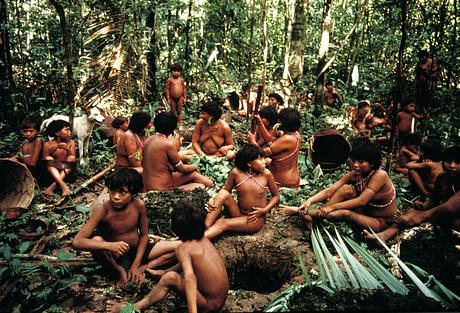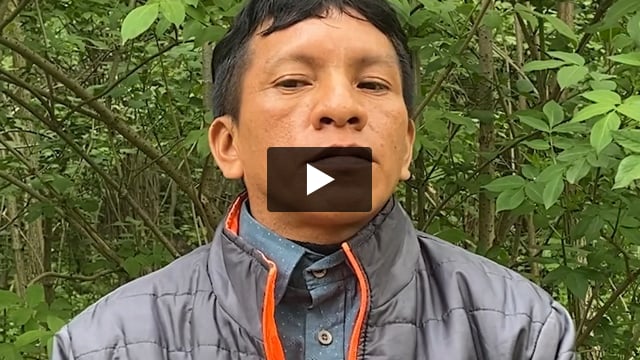Government complicity and neglect fuels lethal coronavirus among Yanomami and Ye’kwana
November 19, 2020
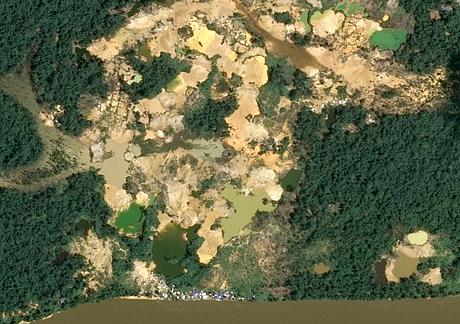 © courtesy of CNES/Airbus DS, produced by Earthrise
© courtesy of CNES/Airbus DS, produced by EarthriseThis page was created in 2020 and may contain language which is now outdated.
An explosive new report released this week exposes a humanitarian crisis rapidly unfolding in Brazil’s largest Indigenous territory, home to the Yanomami and Ye’kwana tribes.
“Xawara– tracing the deadly path of Covid-19 and government negligence in the Yanomami territory” was compiled by Yanomami and Ye’kwana organizations and a group of researchers from the Pro-Yanomami and Ye’kwana Network
The report says that “The Yanomami and Ye’kwana people, facing a dangerous combination of mining, malaria and COVID-19, are on their own.”
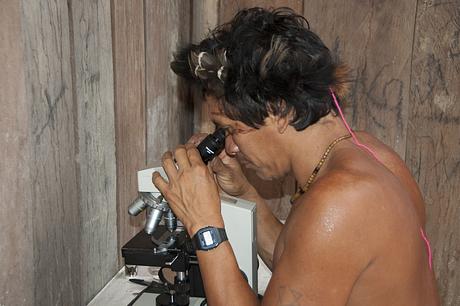
It reveals that government neglect and complicity in the ongoing invasion and destruction of significant parts of Yanomami land by illegal goldminers means coronavirus is spreading rapidly in the territory. This is having devastating consequences for the 27,000 Yanomami and Ye’kwana Indigenous people who live there.
A detailed timeline catalogues many incidents of neglect and abuse; significant under-reporting of cases of Covid-19 (and in some areas no reporting at all); few tests carried out; and a lack of vital medicines and medical staff.
The report found that:
• over 10,000 people, a third of the total Indigenous population in the Yanomami Territory, may have already been exposed to Covid-19,
• from August to October alone, confirmed cases jumped from 335 to 1,202,
• less than 4.7% of the total population in the territory has been tested,
• in the three regions with the greatest concentrations of illegal mines, coronavirus is rife and was brought in by the miners,
• several uncontacted Yanomami groups are at extreme risk should there be any encounter with outsiders,
• from January to September 2020, there was an increase of 20% in environmental degradation caused by mining.
The report highlights that before the pandemic took root, many Yanomami were already weakened by diseases like malaria, the incidence of which has quadrupled in the last five years. This makes them more susceptible and less equipped to combat coronavirus.
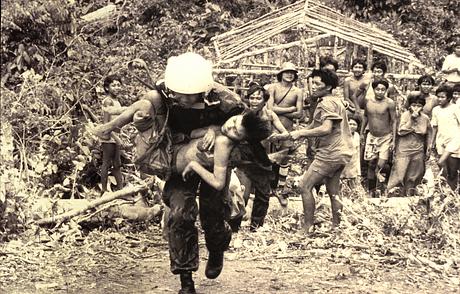 © Charles Vincent/Survival
© Charles Vincent/Survival
Graphic testimonies from Yanomami are a strong indictment of government negligence. A Yanomami woman from Kanayau, one of the areas most affected by mining, said: “We are all sick. Our forest got sick. That’s the miners’ airstrip, because many planes land there. When a plane arrives, many people get off it, and as many planes are coming, today this disease has arrived! It’s a strong disease!”
Francisco Yanomami, from the Marauiá region, warned about the lack of testing: “We weren’t supposed to be dying of this, because of a strong disease, you know. […] Now it’s happening, COVID-19 symptoms are increasing, it’s increasing. What can we do? How do we know if it’s really COVID-19? How can we find out if it’s from COVID-19 that we’re dying? We have to know which disease is killing us.”
Xawara is the Yanomami word for epidemics and is associated with the fumes emanating from machinery used by outsiders, particularly the goldminers’ dredging equipment, airplane and boat engines, and the mercury vapor produced when gold is processed.
Yanomami leader and shaman Davi Kopenawa explains: “What we call xawara are measles, flu, malaria, tuberculosis, and all those other white people diseases that kill us to devour our flesh. The only thing that ordinary people know of them are the fumes that propagate them. “But we shamans, we also see in them the image of the epidemic beings, the xawarari.”
One shocking event was the “disappearance” of three young Yanomami children who died from suspected Covid-19. After public protests, it was revealed that their bodies had been buried in a cemetery in the city of Boa Vista without the knowledge or consent of their parents.
Anthropologist Bruce Albert’s article in the report explains the torment and pain felt by Yanomami families who were kept in the dark by the authorities over the death of their loved ones, and denied the opportunity to organize the proper funerary rites of cremation. He draws a parallel between the desecration of dead Yanomami from Covid-19 today with the disappearances of political protestors during Brazil’s military dictatorship: “In fact, taking possession of the dead of others to erase them from collective memory and denying the grieving of their family members has always been the mark of a supreme stage of barbarism based on the contempt and denial of the Other, ethnic and/or political.”
The Yanomami are among those worst hit by President Bolsonaro’s attacks on Indigenous peoples. Nationwide, their lands are being stolen for mining, agribusiness and logging and they are fighting back to stop Brazil’s genocide.
Faced with the government’s criminal negligence, Yanomami and Ye’kwana organizations are calling for all illegal invaders to be removed now, the implementation of an emergency Covid-19 action plan, and a program to eradicate malaria. They have launched an online petition calling on the authorities to act before it’s too late.
Read the report: https://assets.survivalinternational.org/documents/1984/coy-ingles-r03-2020117.pdf

